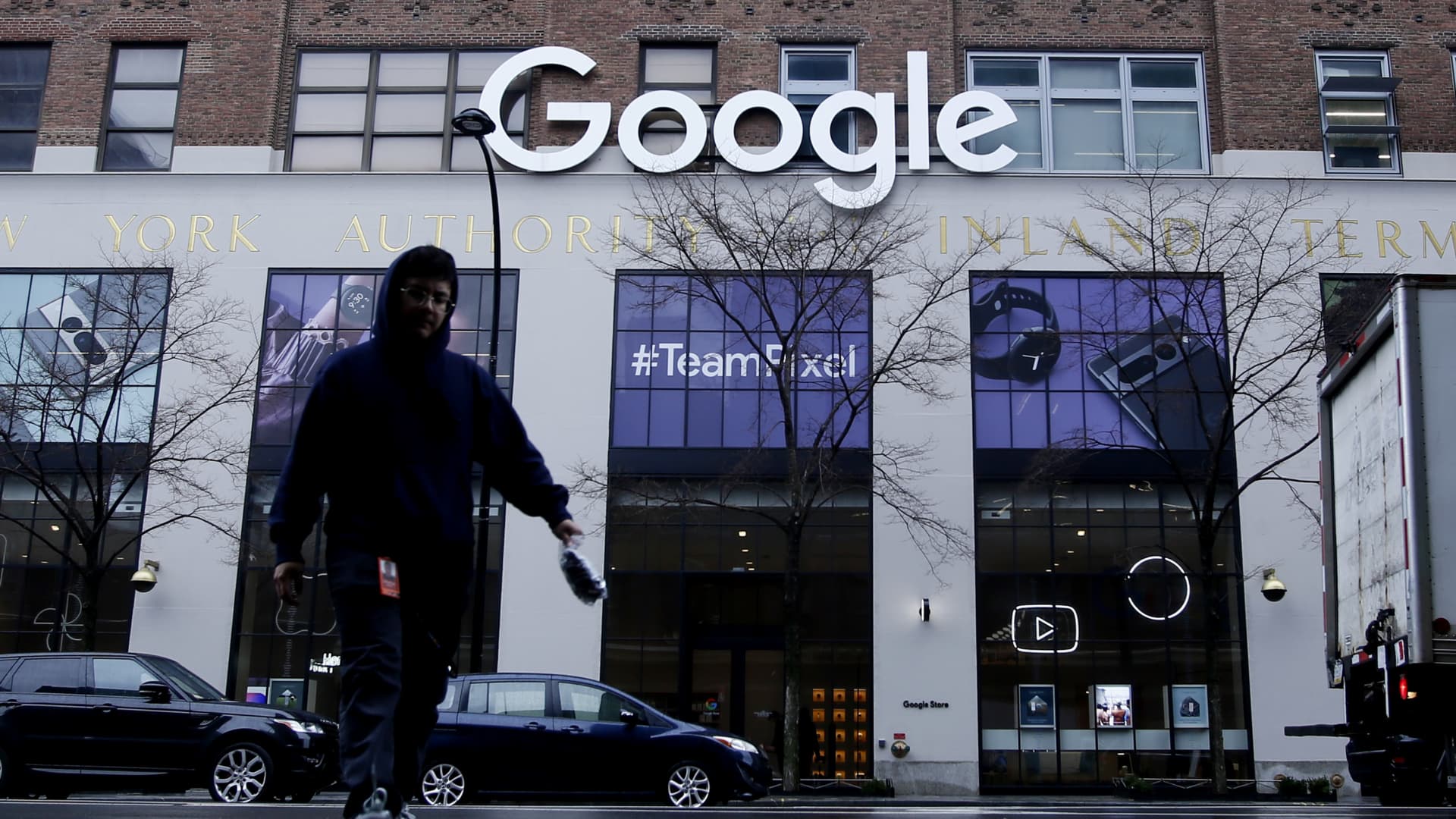Main Topic: Increasing use of AI in manipulative information campaigns online.
Key Points:
1. Mandiant has observed the use of AI-generated content in politically-motivated online influence campaigns since 2019.
2. Generative AI models make it easier to create convincing fake videos, images, text, and code, posing a threat.
3. While the impact of these campaigns has been limited so far, AI's role in digital intrusions is expected to grow in the future.
AI Algorithms Battle Russian Disinformation Campaigns on Social Media
A mysterious individual known as Nea Paw has developed an AI-powered project called CounterCloud to combat mass-produced AI disinformation. In response to tweets from Russian media outlets and the Chinese embassy that criticized the US, CounterCloud produced tweets, articles, and even journalists and news sites that were entirely generated by AI algorithms. Paw believes that the project highlights the danger of easily accessible generative AI tools being used for state-backed propaganda. While some argue that educating users about manipulative AI-generated content or equipping browsers with AI-detection tools could mitigate the issue, Paw believes that these solutions are not effective or elegant. Disinformation researchers have long warned about the potential of AI language models being used for personalized propaganda campaigns and influencing social media users. Evidence of AI-powered disinformation campaigns has already emerged, with academic researchers uncovering a botnet powered by AI language model ChatGPT. Legitimate political campaigns, such as the Republican National Committee, have also utilized AI-generated content, including fake images. AI-generated text can still be fairly generic, but with human finesse, it becomes highly effective and difficult to detect using automated filters. OpenAI has expressed concern about its technology being utilized to create tailored automated disinformation at a large scale, and while it has updated its policies to restrict political usage, it remains a challenge to block the generation of such material effectively. As AI tools become increasingly accessible, society must become aware of their presence in politics and protect against their misuse.
Deceptive generative AI-based political ads are becoming a growing concern, making it easier to sell lies and increasing the need for news organizations to understand and report on these ads.
Google will require political advertisers to disclose the use of artificial intelligence tools and synthetic content in their ads, becoming the first tech company to implement such a requirement.
Google has updated its political advertising policies to require politicians to disclose the use of synthetic or AI-generated images or videos in their ads, aiming to prevent the spread of deepfakes and deceptive content.
AI on social media platforms, both as a tool for manipulation and for detection, is seen as a potential threat to voter sentiment in the upcoming US presidential elections, with China-affiliated actors leveraging AI-generated visual media to emphasize politically divisive topics, while companies like Accrete AI are employing AI to detect and predict disinformation threats in real-time.
Artificial intelligence (AI) poses a high risk to the integrity of the election process, as evidenced by the use of AI-generated content in politics today, and there is a need for stronger content moderation policies and proactive measures to combat the use of AI in coordinated disinformation campaigns.
With the rise of AI-generated "Deep Fakes," there is a clear and present danger of these manipulated videos and photos being used to deceive voters in the upcoming elections, making it crucial to combat this disinformation for the sake of election integrity and national security.
AI-generated content is becoming increasingly prevalent in political campaigns and poses a significant threat to democratic processes as it can be used to spread misinformation and disinformation to manipulate voters.
Artificial intelligence (AI) has the potential to facilitate deceptive practices such as deepfake videos and misleading ads, posing a threat to American democracy, according to experts who testified before the U.S. Senate Rules Committee.
The proliferation of fake news generated by AI algorithms poses a threat to media outlets and their ability to differentiate between true and false information, highlighting the need for human curation and the potential consequences of relying solely on algorithms.
Foreign actors are increasingly using artificial intelligence, including generative AI and large language models, to produce and distribute disinformation during elections, posing a new and evolving threat to democratic processes worldwide. As elections in various countries are approaching, the effectiveness and impact of AI-produced propaganda remain uncertain, highlighting the need for efforts to detect and combat such disinformation campaigns.
Lawmakers are pressuring social media platforms like Facebook and Instagram to explain their lack of rules to curb the harms of AI-generated political advertisements ahead of the 2024 US presidential election.
Lawmakers are calling on social media platforms, including Facebook and Twitter, to take action against AI-generated political ads that could spread election-related misinformation and disinformation, ahead of the 2024 U.S. presidential election. Google has already announced new labeling requirements for deceptive AI-generated political advertisements.
